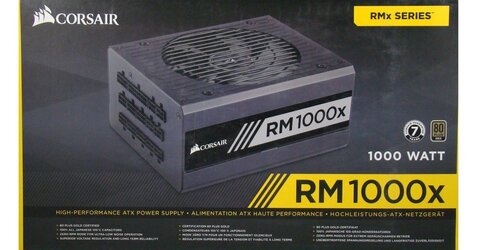- Joined
- Jan 13, 2005
I need to get an SFX PSU for a small build i am currently working on. its going into a small cheapy chinese case.
Dont want to break the bank on a PSU so i am looking at the EVGA 450w SFX for $80 and i am just wondering if its enough.
Specs are as follows
R5 2600
Asrock B450M Pro4
32 Gig DDR4
2 M.2 SSD's (256/500 gig)
GTX 1650 Super
PCI express Wifi/Bluetooth card
Dont want to break the bank on a PSU so i am looking at the EVGA 450w SFX for $80 and i am just wondering if its enough.
Specs are as follows
R5 2600
Asrock B450M Pro4
32 Gig DDR4
2 M.2 SSD's (256/500 gig)
GTX 1650 Super
PCI express Wifi/Bluetooth card
